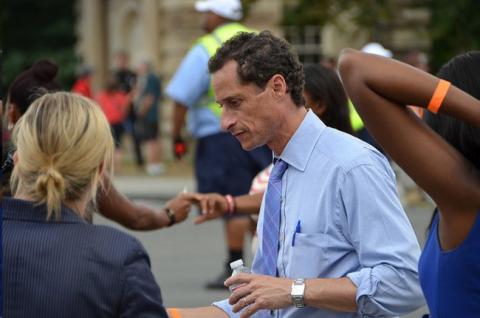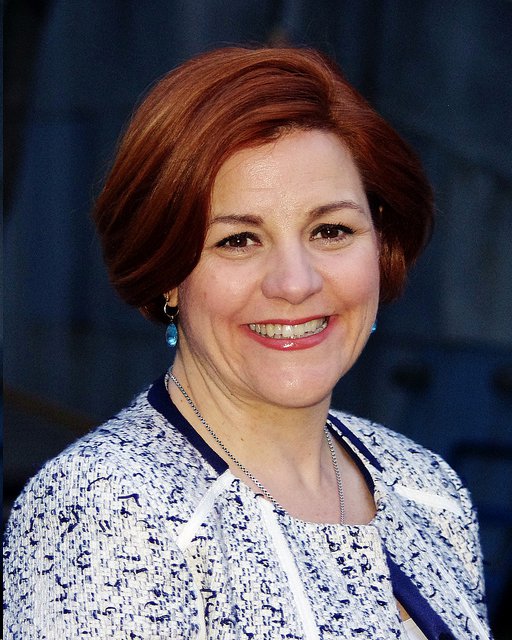Is New York City Ready for a Democratic Mayor?

From Punditwire.com:
Much of the media coverage of the New York campaign presupposes that the winner of next month’s Democratic primary will be the city’s next mayor. The fact that the overwhelming majority of the nearly 5 million voters in the city are registered as Democrats is the basis for that conventional wisdom. But recent history suggests this conclusion may be more conventional than wisdom.
New York hasn’t elected a Democratic mayor in 28 years. The winner of that race, Ed Koch, subsequently endorsed Rudy Giuliani and Michael Bloomberg. Both became mayor. Neither is a Democrat. And while analysts cite abnormal circumstances – as they inevitably do in such situations – a slightly longer perspective shows that New York has had a non-Democratic mayor for most of the past half century.
That’s a lot of abnormal circumstances.
Old habits die hard and it seems safe to predict that New York City voters will vote for the Democratic candidate in the 2016 Presidential election (and safer yet if that’s Hillary Clinton), but electing a Democratic mayor is not an old habit. It would seem that more than half of this year’s voters will never have participated in a mayoral race won by a Democrat and a good percentage of them have never voted for the Democratic candidate.
There are some clear stress points in the current race. One echoes the national debate about the role of municipal unions. While few take the extreme stance articulated by Republican governors in Middle America, there are general questions about the affordability of union contracts and specific questions about the teachers union and its role in reforming education.
New York remains one of the most heavily unionized cities in America it is hard to imagine an overtly anti-union candidate winning there. But some candidates are more friendly than others. And the unions are working hard to elect someone they’re more comfortable with than Mayor Bloomberg. But there are cross-currents. Both fiscal conservatives and education reformers are wary of increasing union power.

The city budget is stressed and supporting a workforce where nearly no one pays anything for health insurance is an expensive anomaly.
Another part of the Bloomberg legacy involves what critics see as his focus on Manhattan at the expense of the outer boroughs – and on Wall Street in particular. The Occupy Wall Street demonstrators chose their target well. That’s where the one percent makes its money. Despite progressive income taxes, one could argue that the city is a genteel demonstration of trickle down economics, where extraordinarily high salaries earned in lower Manhattan keep the government afloat.
Bloomberg is a creature of Wall Street who’s robustly defended its interests.
As is often the case with retiring incumbents, he’s reported to be underwhelmed by the entire field to succeed him. He could make a difference if he decides to take a role in the race. Given the fact that Mayor Giuliani’s enthusiastic endorsement is seen as a key to the initial Bloomberg victory, a similar role for the incumbent could be quite attractive.
In many ways, New York City remains a Democratic town, but that’s no assurance that recent history will be reversed and a Democratic mayor will be elected.
Author Bio:
For 16 years, Jim Jaffe worked for House Democrats who served on the Ways and Means Committee, apprenticing with Representatives Green, Gibbons and Gephardt before working for Chairman Dan Rostenkowski.
Photos: Afagen; David Shankbone (Flickr, Creative Commons).































































































































































































































































































































